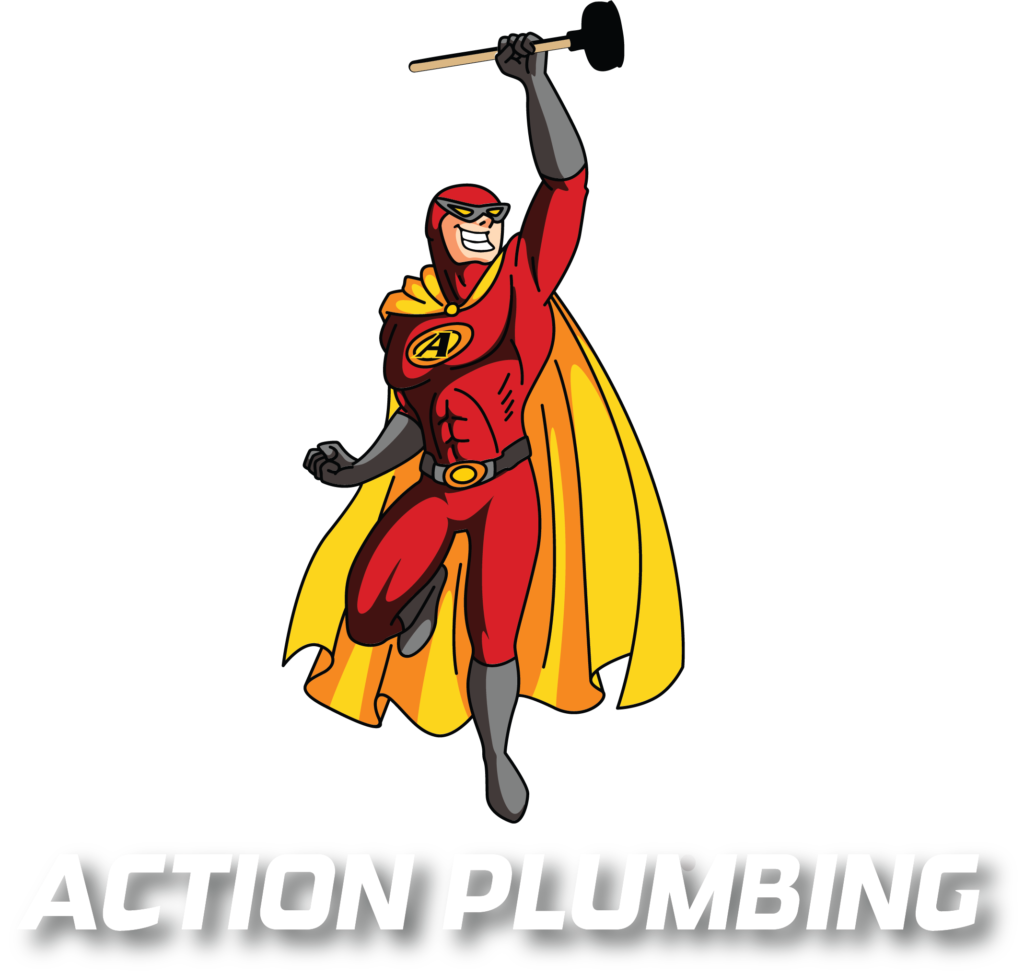How to Keep Your Pipes Happy: Expert Plumbing Tips and Solutions!
-
First, try using a plunger. If that doesn't work, a chemical drain cleaner may help. However, for persistent or severe clogs, it's best to call a professional plumber to avoid damaging your pipes. We’re available 24/7.
-
We recommend having your plumbing system inspected at least once every two years. Regular inspections can help catch issues early, preventing costly repairs later. Request an appointment today.
-
Chemical drain cleaners can be effective, but they should be used cautiously as they can damage pipes and are hazardous if mishandled. Always follow the manufacturer's instructions.
-
A running toilet can usually be fixed by adjusting or replacing the flapper or fill valve inside the tank. If you're unsure how to do this, call us as we can easily fix the issue.
-
Yes, insulating your pipes and keeping your home at a consistent temperature can prevent them from freezing. In extremely cold weather, letting a faucet drip slightly can also help.
-
Hard water contains higher levels of minerals like calcium and magnesium. It can cause buildup in pipes and appliances. Soft water has fewer minerals and is gentler on your plumbing system.
-
If your water heater is over 10 years old, not heating water as well as it used to, or showing signs of leakage, it might be time for a replacement.
-
Installing water-efficient fixtures, fixing leaks promptly, and using water-saving habits like turning off the tap while brushing your teeth can all help reduce your water bill.
-
Signs of a hidden water leak include unexplained spikes in your water bill, the sound of running water when all taps are off, damp or discolored walls, floors or ceilings, and a musty odor. It's important to address these signs promptly to avoid structural damage to your home.
-
Symptoms of a blocked or damaged sewer line include multiple clogged drains, sewage backups in your toilets or tubs, foul odors emanating from drains, and unusually lush patches of grass in your yard. These issues require immediate professional attention to prevent health hazards and property damage.
-
Yes, tree roots can infiltrate and damage underground pipes, leading to blockages and leaks. Preventive measures include planting trees away from your sewer lines, regular sewer line inspections, and installing root barriers. If roots have already invaded your pipes, a plumber can use methods like root cutting or pipe relining to address the issue.
-
DIY plumbing repairs carry risks such as potential injury, making the problem worse, or violating local plumbing codes. You should definitely call a professional for issues like gas line repairs, major leaks, sewer line problems, and installations that require permits. Professional plumbers have the experience, tools, and knowledge to safely and effectively address complex plumbing issues.
